
Sleep Apnea: What It Is and Why You Shouldn’t Ignore It
Loud snoring, gasping, or waking up exhausted may seem like small issues, but they can be signs of sleep apnea. Left untreated, it can impact your energy, heart, and even your life expectancy. At The Sleep Institute, we provide physician-led assessments and proven therapies to help you breathe easier, sleep deeper, and live better.
What Is Sleep Apnea?
Sleep apnea is a common but serious disorder where your breathing repeatedly stops and starts while you sleep. These pauses can last for seconds or even minutes and often happen dozens of times per night — without you even realizing it.
The impact is more than restless nights. Untreated sleep apnea can lead to chronic fatigue, weight gain, high blood pressure, heart disease, stroke, and mental health struggles such as depression or anxiety. If you suspect you might have it, getting a proper diagnosis is not just important, it is essential for protecting your health and quality of life.
Types & Causes of Sleep Apnea
Speak with a Sleep Physician-
Obstructive Sleep Apnea (OSA)
The most common type, OSA occurs when throat muscles relax and cause a physical blockage of the airway. Risk factors include:
- Being overweight or obese
- Neck circumference over 17 inches (men) or 16 inches (women)
- Chronic medical conditions including but not limited to high blood pressure, diabetes, kidney disease, lung disease including asthma/COPD, and heart disease
- Age, alcohol or sedative use, smoking, and family history
- Importantly, menopausal women may not have any of the above risk factors and still have sleep apnea
-
Central Sleep Apnea (CSA)
Less common, CSA happens when the brain fails to signal the muscles to breathe, often related to other medical conditions such as heart failure or neurological issues.
Sleep apnea may also be linked to:
- Diabetes
- Hypertension
- Depression, anxiety, and PTSD
- Medication use and chronic conditions
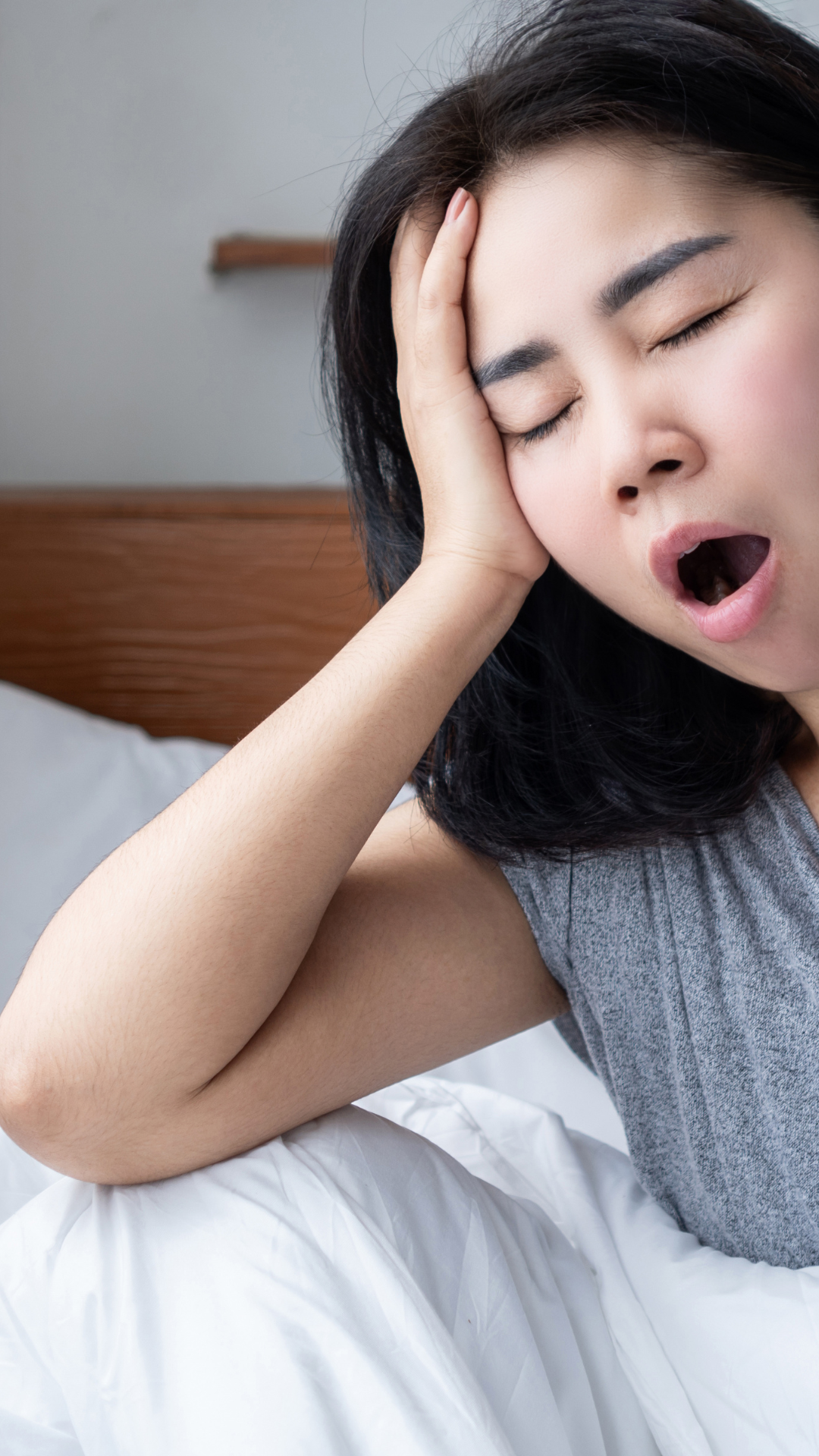
Common Symptoms of Sleep Apnea
If you’re researching your symptoms, these may sound familiar:
- Loud or frequent snoring
- Gasping or choking during sleep
- Excessive daytime sleepiness or difficulty staying awake
- Morning headaches
- Difficulty concentrating or memory issues
- Mood changes, irritability, or depression
- Restless sleep or frequent awakenings
- Dry mouth or sore throat in the morning
- Chest pain at night
- Frequent night time bathroom breaks
- Importantly, menopausal women may not have any of the above risk factors and still have sleep apnea
You don’t need to have all of these symptoms — even one or two may indicate an underlying sleep disorder.
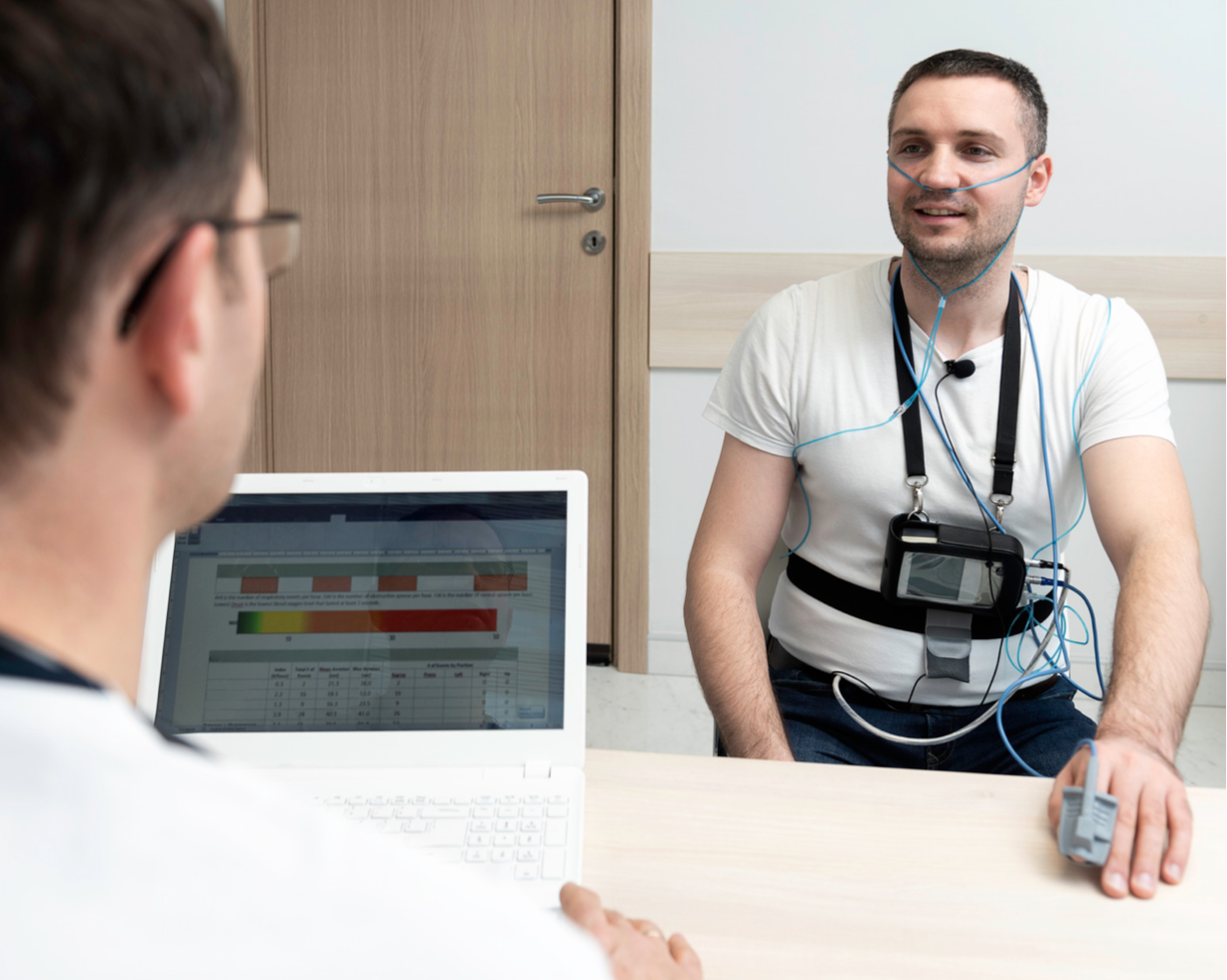
How Is Sleep Apnea Diagnosed?
At The Sleep Institute, all assessments are managed by board-certified Sleep Physicians, not technicians.
We use a combination of:
- Sleep questionnaires and screening tools
- Sleep diaries
- Level 3 home sleep testing using medical-grade portable devices
- Level 1 and Level 2 sleep studies for more complex cases
Your care is guided by a physician who can accurately diagnose and recommend appropriate treatment, not just sell you a CPAP machine.
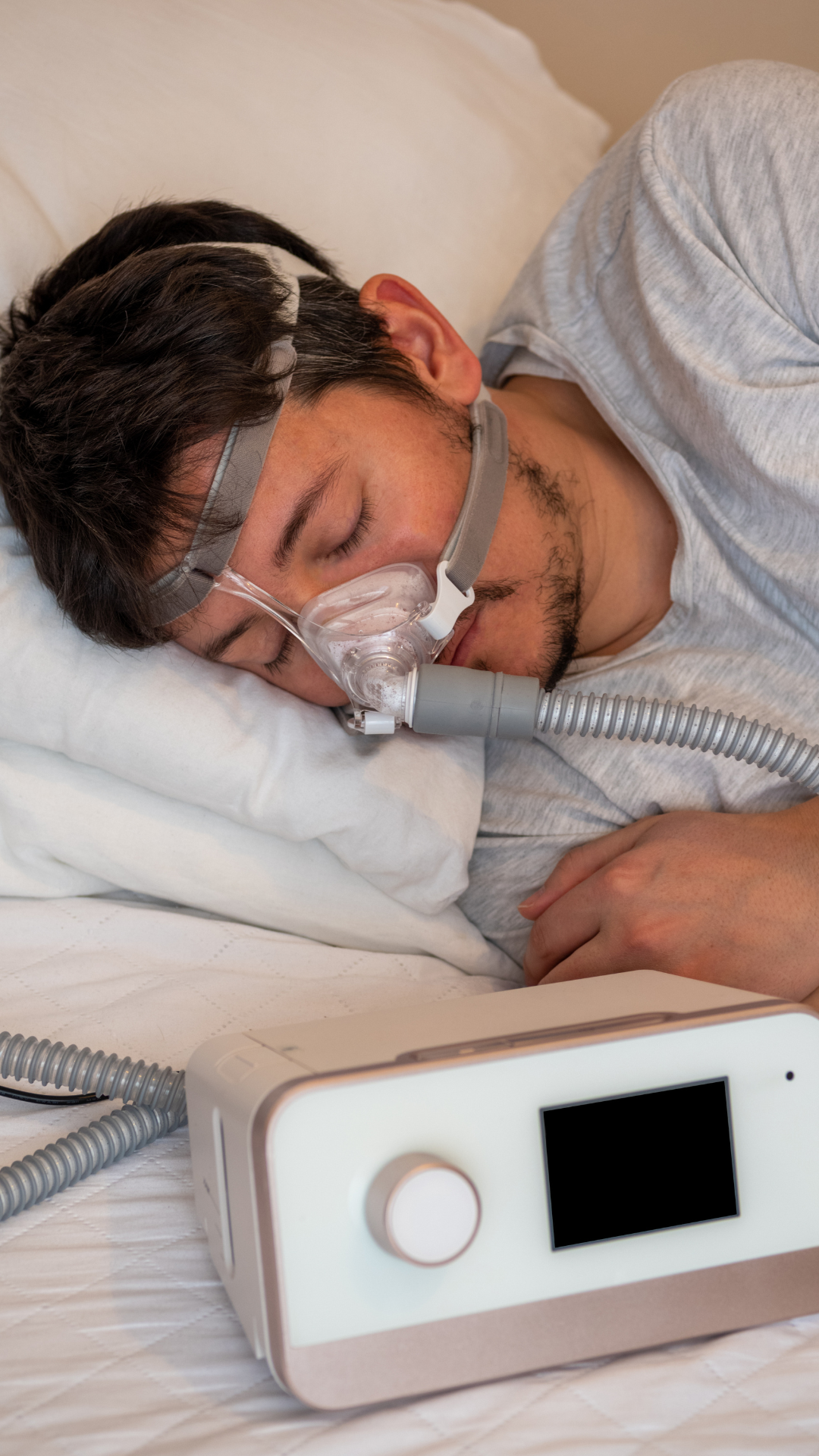
Sleep Apnea Treatments We Offer
Your treatment plan is customized based on your diagnosis and lifestyle. Options include:
- CPAP or APAP therapy – Keeps your airway open with gentle airflow
- CBTi (Cognitive Behavioral Therapy for Insomnia) – Especially effective for patients with both insomnia and sleep apnea (COMISA)
- Oral appliance therapy – For mild to moderate OSA
- Lifestyle modifications – Including weight loss, alcohol reduction, and sleep position training
- Surgical referrals, if structural issues are involved

Risks of Untreated Sleep Apnea
Sleep apnea is not just a sleep problem — it’s a serious medical issue. If left untreated, it can:
- Make it harder to lose weight or manage blood pressure
- Reduce the effectiveness of antidepressants and anxiety medications
- Increase your risk of heart disease, stroke, and diabetes
- Lead to motor vehicle accidents and work-related injuries
- Cause long-term disability, absenteeism, and reduced productivity
- Cause Impaired cognition (foggy brain), low energy, and low mood
Why Choose The Sleep Institute?
-
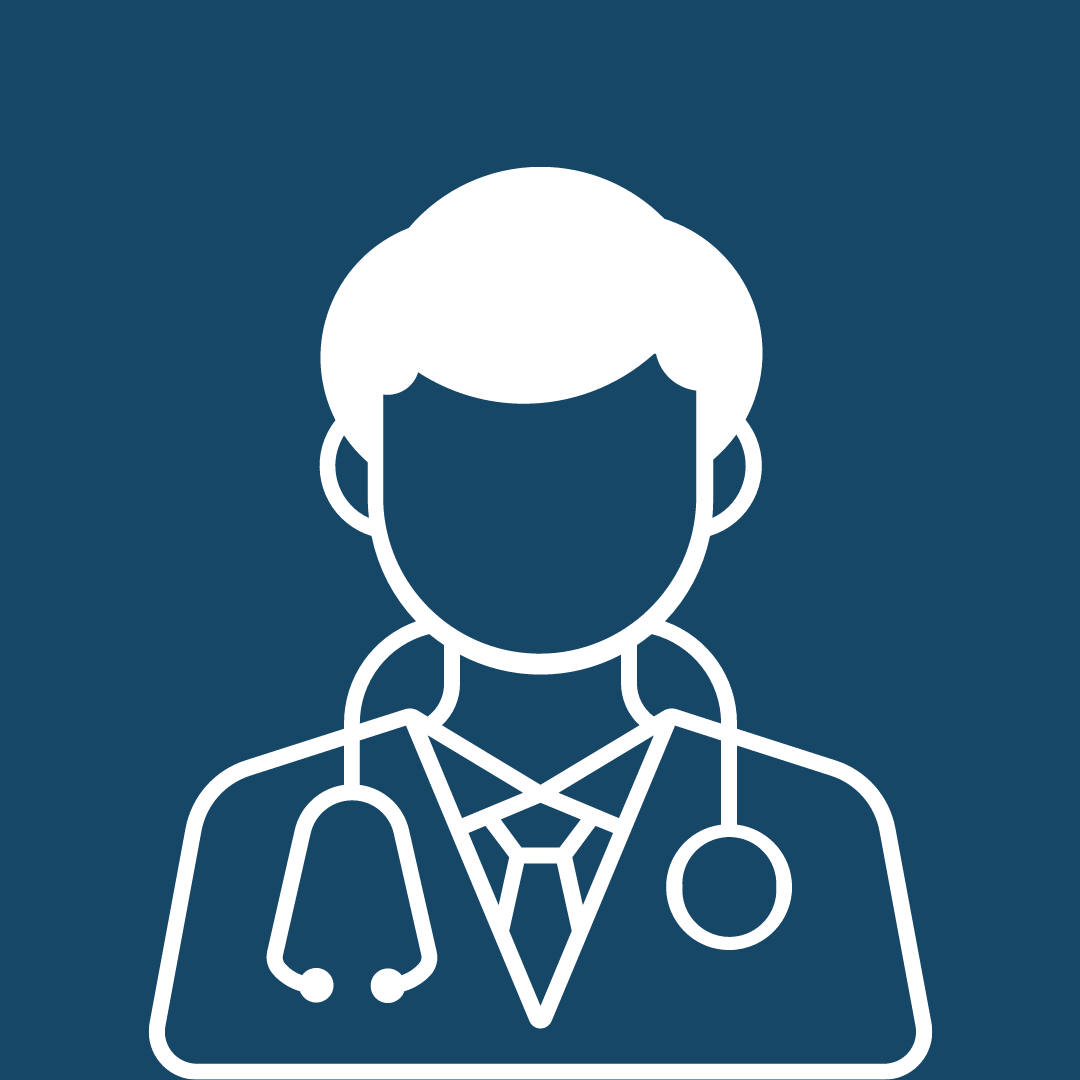
Direct access to Sleep Physicians — not technician-run clinics
-
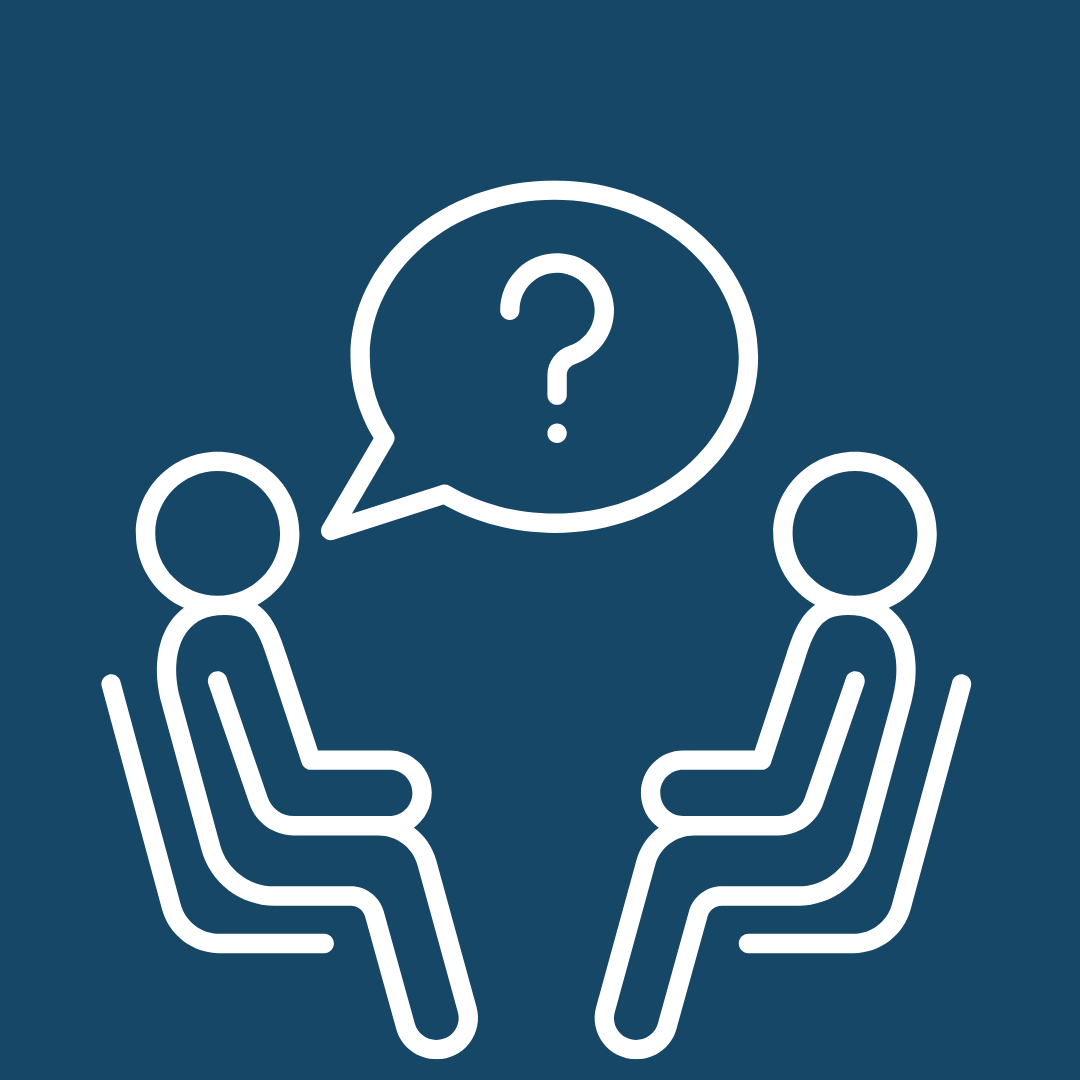
Integrated treatment approach: CPAP, CBTi, oral appliances, weight support
-

Full access to Level 1, 2, and 3 sleep testing
-
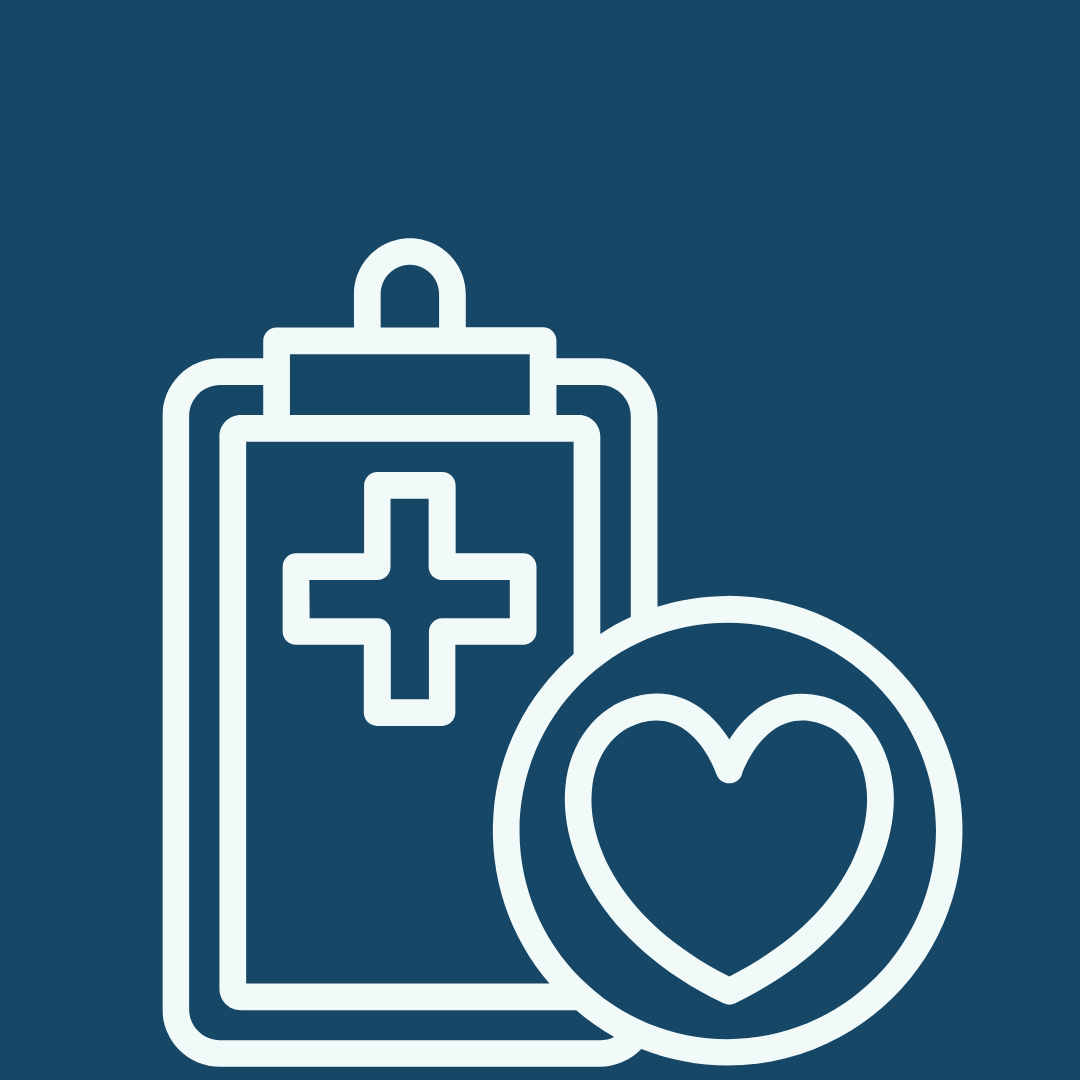
Self-referrals welcome
-
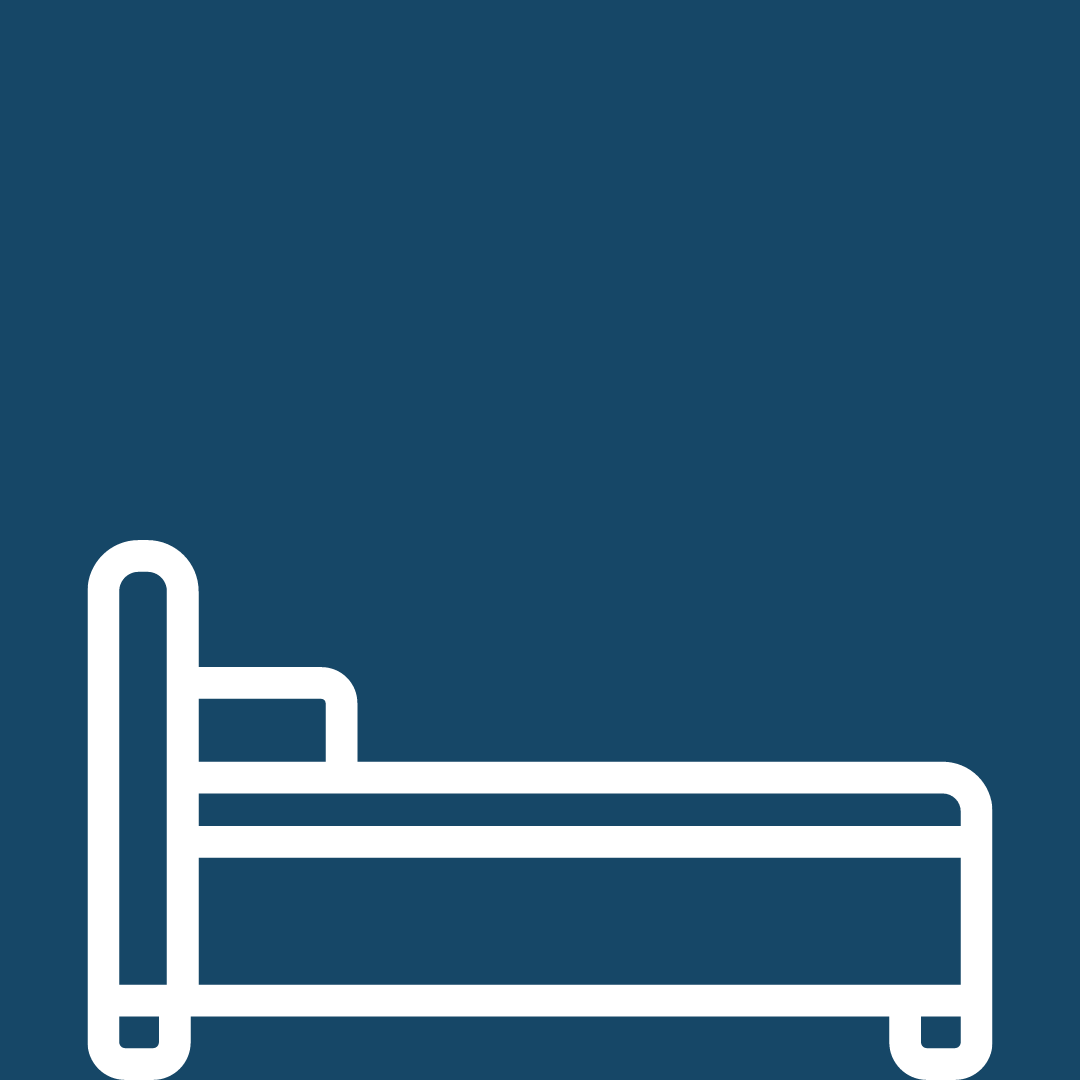
Covered by Alberta and NWT Health

You Deserve to Sleep Well — And Wake Up Feeling Rested and Energized while Reducing Disease Risk!
If you suspect sleep apnea, don’t wait. Our team at The Sleep Institute is here to help you get clarity, receive an accurate diagnosis, and start a treatment plan that improves your sleep and your life. Covered by Alberta and NWT Health | No Referral Needed
Sleep Education Hub
-

CPAP Sore Throat and Congestion: What Helps
Using CPAP therapy is one of the most effective treatments for obstructive sleep apnea, but for some users, side effects like a sore throat, congestion, or throat irritation can make...
CPAP Sore Throat and Congestion: What Helps
Using CPAP therapy is one of the most effective treatments for obstructive sleep apnea, but for some users, side effects like a sore throat, congestion, or throat irritation can make...
-

Green Noise for Sleep: What It Is and How It He...
In this guide, we break down everything you need to know about green noise, including what it is, how it differs from white and brown noise, and whether it can...
Green Noise for Sleep: What It Is and How It He...
In this guide, we break down everything you need to know about green noise, including what it is, how it differs from white and brown noise, and whether it can...
-

Do You Stop Breathing in Your Sleep? When to Ge...
Pauses in breathing, whether they last a few seconds or are repeated dozens of times per hour, are often a sign of sleep apnea, a common but underdiagnosed sleep disorder...
Do You Stop Breathing in Your Sleep? When to Ge...
Pauses in breathing, whether they last a few seconds or are repeated dozens of times per hour, are often a sign of sleep apnea, a common but underdiagnosed sleep disorder...
Subscribe To The Sleep Institute Newsletter
Get exclusive access to new products, special offers, and the latest on all things sleep.







